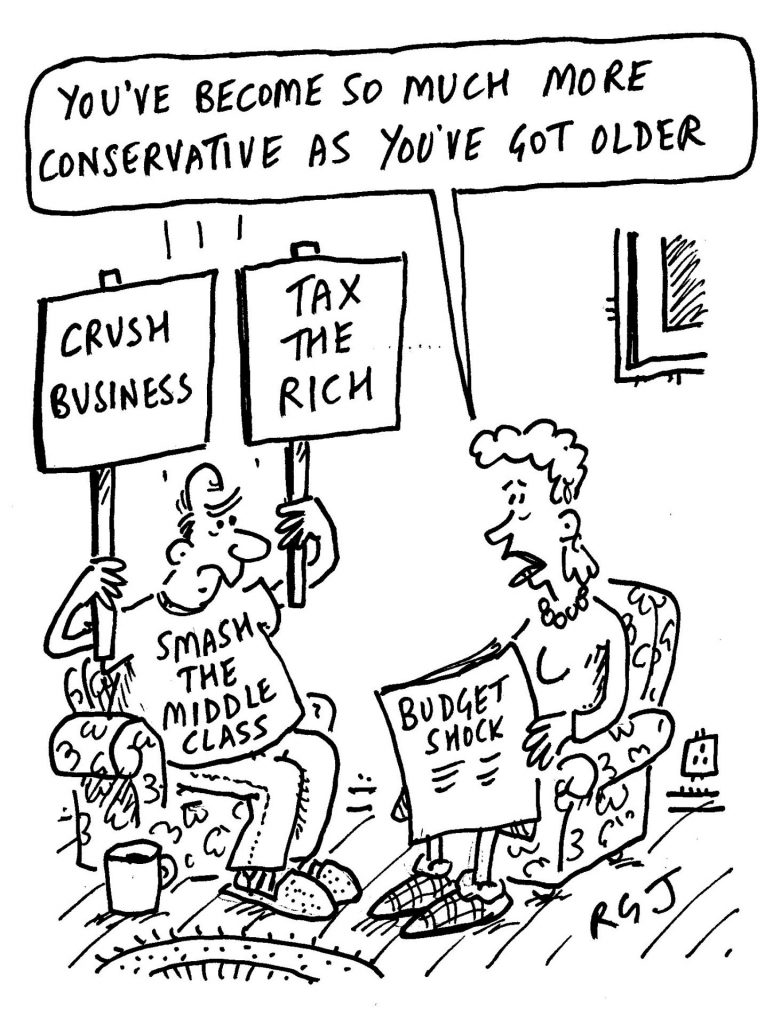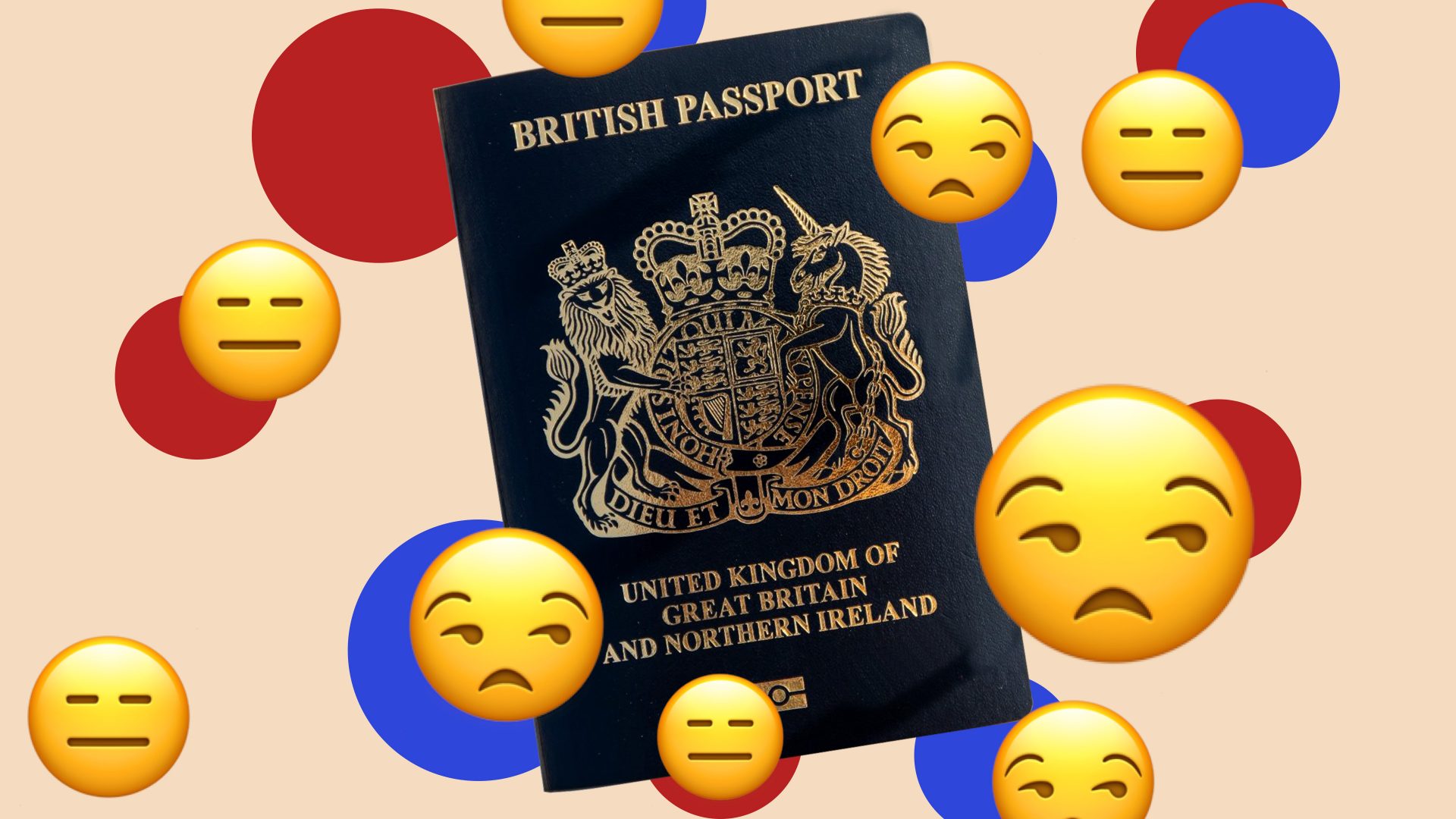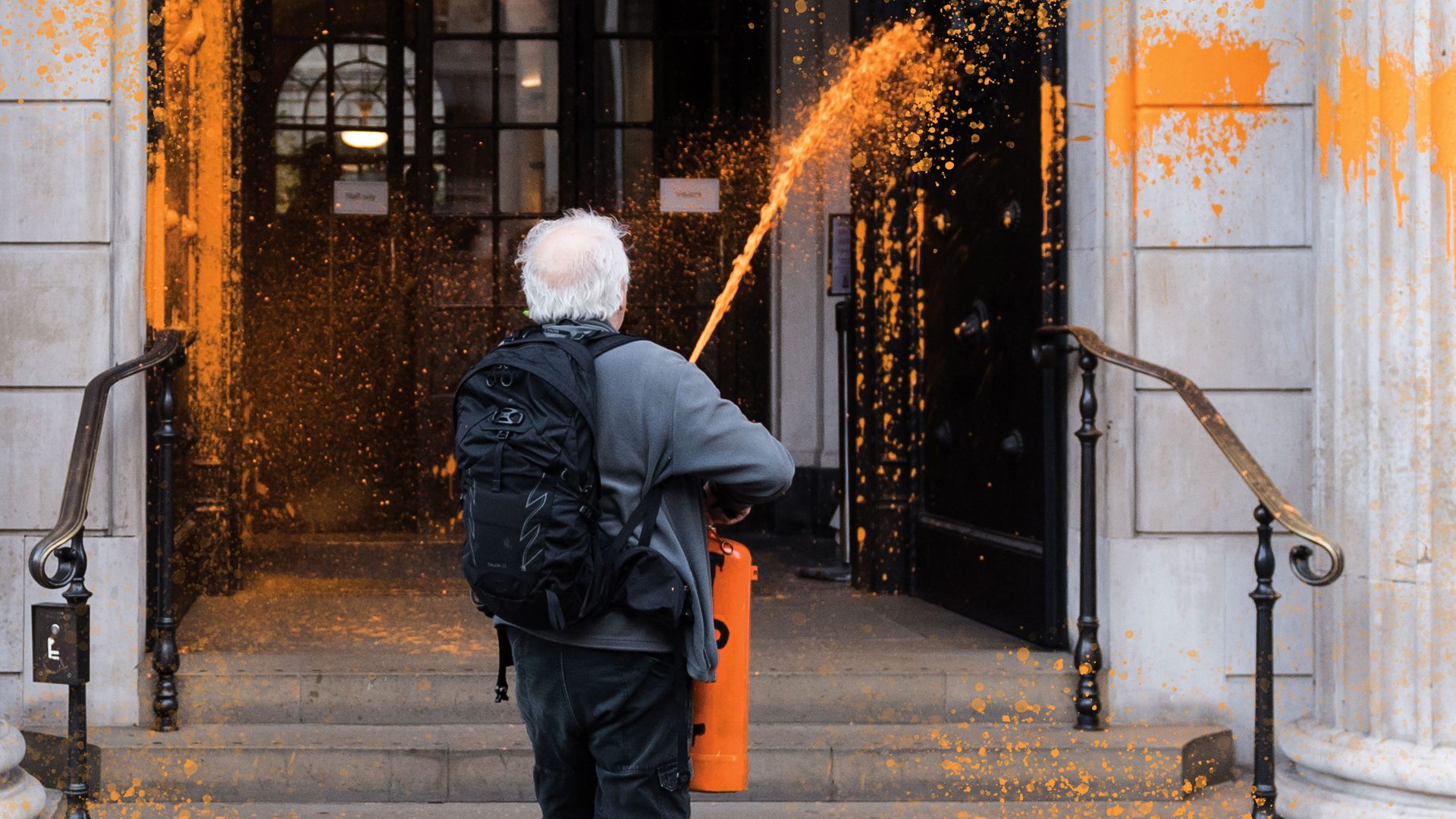First the bad news… I’ve got a new post-Brexit passport. Now the good news… it was dead easy.
I had convinced myself, in this country where nothing the government touches seems to work, that it would be a bureaucratic and logistical nightmare; it was anything but. So fair play to whoever has gripped things since the days of round-the-block queues and post-lockdown cancelled foreign holidays.
It entailed filling in a form online, paying online, booking an appointment online, going to Happy Snaps to get a photo taken, which the Happy Snapper sent to the Passport Office online, before giving me a code to take when I collected my new passport a couple of weeks later. I arrived at the Passport Office behind Victoria Station in London 20 minutes ahead of my scheduled appointment, was ushered in, third in the queue, which meant I had my new passport in my hands, and the bottom corner scissored off my old one, 10 minutes before I was actually due to collect it.
So thank you, all involved. It was a remarkably stress-free process, and worth the top dollar £177 it cost to get the fast-track service, plus extra pages for regular travellers (though I should say I am trying to cut my carbon footprint, so perhaps the new one won’t fill up with visas and stamps as quickly as the old one did).
BUT, BUT, BUT… back home now, as I look at the battered burgundy old and the shiny black new alongside each other on my desk, and play “spot the difference”, the rage begins to burn. Not the colour change, which doesn’t bother me overly; also, three pictures of yourself rather than two, fine, I’m sure there is a good reason; nice touch to have the four floral symbols of the nations of the UK on the back, and quite right that the Scottish thistle sits atop the other three; numbered pages, seems like a good idea to me; the “notes” page has been brought close to the front, rather than the inside back where it used to be, while the emergency contact page at the back is identical in new and old, with “Name/Nom; Address/Adresse; Telephone/Téléphone” still in both English and French, which I like to think is high-quality trolling by the Franco-Dutch company that is manufacturing our new post-Brexit passports in Poland.
There was one big change I had expected, however, which did not materialise; my new passport date issue was November 8, exactly two months to the day since the Queen died.
Yet there on the inside front cover, identical to the old one, the words: “Her Britannic Majesty’s Secretary of State requests and requires in the name of Her Majesty all those whom it may concern to allow the bearer to pass freely without let or hindrance, and to afford to bearer such assistance and protection as may be necessary.” Her Majesty? Charles waits all those years to be King and they can’t even get “His Majesty” into his subjects’ new passports.
BUT BUT BUT… none of the above caused even a flicker on the rage-ometer. All the rage came from the change on the front cover, where the words “European Union” at the top of the battered old burgundy have been replaced by “British Passport” at the top of the shiny new black.
I get the logic. It is a British passport. We have left the European Union. But it underlines how much we have lost for the little we have gained. Indeed, on the rare occasion these days that I meet someone who is still willing to admit to having voted Leave, I always ask them to name “just one thing” that has improved in our national life as a result of Brexit. “Taking back control of our money, laws and borders” used to be the go-to answer, but it feels a bit weak when the longest recession in history is upon us, the lawmakers are in chaos, changing prime minister faster than Watford FC change their manager, and the borders are subject to a successful “invasion” (sic/sick) by Albanians.
So what are they left with these days? Yep, you’ve got it. “Blue passports”. Which aren’t even blue. Like everything to do with Brexit, nothing is as it seems, and certainly nothing is as it was promised. When you think of the time and energy, the lies and the gaslighting, the lost trade, the lost rights to work and travel freely across Europe, the 4% hit to the economy, the fall in our standing in the world, I am sure there are Leave voters as well as Remainers who, as they clutch their new passport, ask themselves: “Was it really all worth it, for this?”

Oh, and another Brexit thing … now at the age where I cannot read anything under 16-point without glasses, and also at the age where I lose things all the time, I have two pairs of “proper” glasses, purchased following a “proper” eye test, and several over-the-counter cheapo pairs from various chemists and airports.
Arriving at the Eurotunnel in Calais recently I realised I had left my “best” glasses on a French hotel bed four hours south. I called the hotel, explaining they were the only glasses for which I had paid more than a few quid, and asked them to post them on to me. The postage cost 18 euros (£15.75).
But before they could be delivered, Parcelforce demanded £50 “customs charges”, based on the estimated value of the glasses as required on the postage form filled in by the hotel. It seems I can now add “lunettes trader” to my many and varied activities in life.
If that is the cost for the post-Brexit return of a piece of lost property, no wonder real traders are finding it harder and harder, and more expensive, to do business with our nearest and biggest trading partner, from which we voluntarily decided to withdraw, and with which we voluntarily decided to make our arrangements more complicated, more expensive, and more balls-aching.
At least I have my favourite glasses back, however, through which to view the sunlit uplands, across which all the Brexit benefits are rolling.
On Monday morning I attended Camden Council’s unveiling of “Boris Nemtsov Place”, a new name – in honour of the murdered Russian opposition politician – for the roundabout area leading up to the Hampstead and Highgate homes of assorted Russian oligarchs, diplomats and spooks based in and around their longstanding trade delegation HQ.
Council leader Georgia Gould and Evgenia Kara-Murza, whose husband, Vladimir, is currently gulaged at the other Vladimir’s pleasure, spoke above the relentless noise of a couple of vuvuzelas blown by local residents angry at the consultation process run by the council on the renaming.
Listening to Evgenia talk of the attempted assassinations of her husband, and then hearing a message from Nemtsov’s daughter, whilst hearing the vuvuzelistas bleating about “a lack of democracy”, there was a definite sense of parallel universalism. Evgenia, her teenage daughter alongside her, looked at first troubled, but then motivated by the noisy distraction, pointing out that all she and her husband were fighting for was the right to protest at decisions made by politicians.
Suddenly the bearded bugler didn’t just sound ridiculous, but looked as if he realised it, too.
I’m off to Manchester for the rugby league World Cup final this weekend. I find League so much faster, free-flowing and exciting than rugby union. The Tonga v Samoa quarter-final, and the two semi-finals – Australia v New Zealand and England v Samoa – were three of the most exciting games ever played.
Though the atmosphere for England’s defeat to Samoa at Arsenal’s Emirates stadium was great in parts, there were nonetheless a fair few thousand empty seats, which was sad to see. I hope Old Trafford is full for Australia v Samoa, despite England’s absence. These guys are among the most impressive athletes on the planet.



